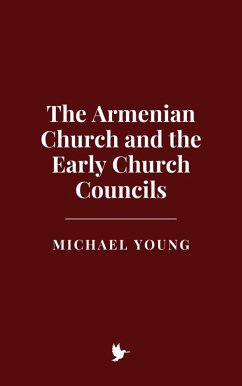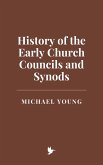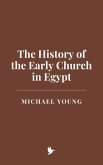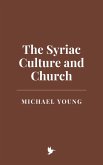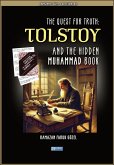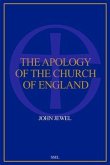The narrative delves into how the Armenian Church navigated political upheaval, from the Persian and Arab rule to the Ottoman Empire, always maintaining its unique theological identity despite external pressures. As the Armenian diaspora spread across the globe, the Church adapted to new challenges, ensuring its survival and continued relevance in a rapidly changing world. In the 21st century, the Church faces new challenges, including secularism, generational shifts, and the ongoing efforts to secure international recognition for the Armenian Genocide. The book concludes with an examination of the Armenian Church's mission to preserve its faith, culture, and identity in a modern context, while maintaining its deep roots in the theological and liturgical traditions that have defined it for centuries.
This work aims to offer a scholarly and reflective study of the Armenian Church's role in shaping the religious, political, and cultural landscape of Armenia and the wider world, focusing on the resilience of its faith and the continuous struggle for justice and recognition. Through its examination of the Church's history, this book underscores its profound importance not only as a religious institution but also as a central element of Armenian identity, survival, and global solidarity.
Dieser Download kann aus rechtlichen Gründen nur mit Rechnungsadresse in A, B, CY, CZ, D, DK, EW, E, FIN, F, GR, H, IRL, I, LT, L, LR, M, NL, PL, P, R, S, SLO, SK ausgeliefert werden.

